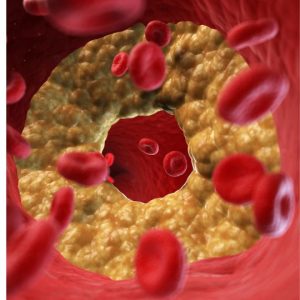- :+91 - 89402 62058, +91 76392 89213
- Agilkarai Street, Tirumayam, Tamil Nadu 622507
Anemia Management
Managing anemia involves addressing the underlying cause of low red blood cell levels and improving the body's ability to produce and maintain an adequate number of healthy red blood cells. Here are some general strategies for anemia management
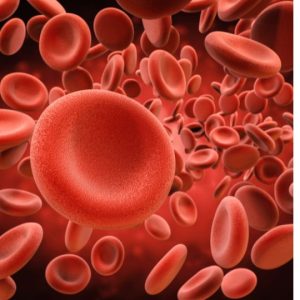
Hemostasis and Coagulation Disorders
Hemostasis is the process that prevents and stops bleeding, or hemorrhage. It involves a complex series of events that occur when blood vessels are injured. The primary components of hemostasis are vasoconstriction, platelet plug formation, and coagulation (blood clotting). Disorders in hemostasis and coagulation can lead to abnormal bleeding or clotting and may result from various genetic, acquired, or environmental factors.
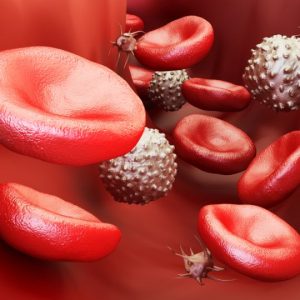
Thrombocytopenia Treatment
Thrombocytopenia is a condition characterized by a low platelet count in the blood, which can result in an increased risk of bleeding. The treatment of thrombocytopenia depends on its underlying cause and the severity of symptoms.

Myeloproliferative Disorders
Myeloproliferative disorders (MPDs) are a group of conditions characterized by the abnormal proliferation (overproduction) of blood cells in the bone marrow. These disorders primarily affect cells of the myeloid lineage, including red blood cells, white blood cells, and platelets.
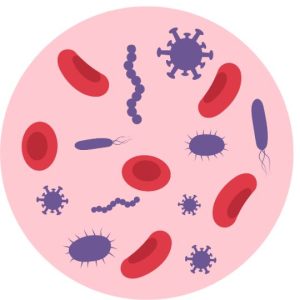
Bone marrow transplantation
Bone marrow transplantation, also known as hematopoietic stem cell transplantation (HSCT), is a medical procedure used to treat various conditions, including certain cancers and disorders of the blood and immune system.

Leukemia Treatment
reatment for leukemia, a type of cancer that affects the blood and bone marrow, varies depending on the specific type of leukemia, its subtype, the patient's overall health, and other factors. The main types of leukemia are acute lymphoblastic leukemia (ALL), acute myeloid leukemia (AML), chronic lymphocytic leukemia (CLL), and chronic myeloid leukemia (CML).
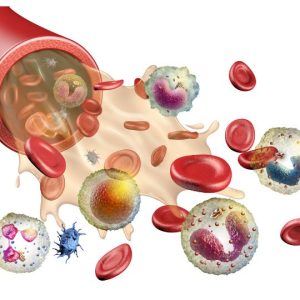
Multiple Myeloma Treatment
Multiple myeloma is a type of cancer that affects plasma cells, which are a type of white blood cell responsible for producing antibodies. The treatment approach for multiple myeloma depends on factors such as the patient's overall health, the stage of the disease, and the presence of specific genetic abnormalities. e.
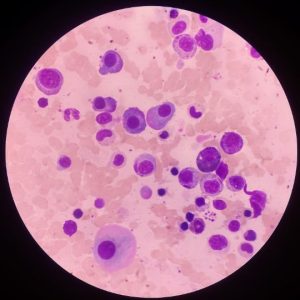
Hemoglobinopathies
Hemoglobinopathies are a group of genetic disorders that affect the structure or production of hemoglobin, the protein responsible for carrying oxygen in red blood cells. Two common hemoglobinopathies are sickle cell disease and thalassemia. Treatment and management strategies for hemoglobinopathies depend on the specific disorder and its severity.
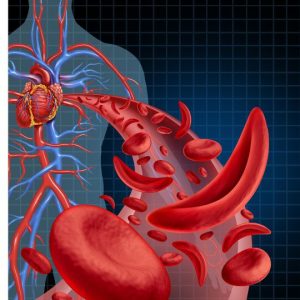
Hematopoietic Stem Cell Disorders
Hematopoietic stem cell disorders involve abnormalities in the development or function of hematopoietic stem cells, which are precursor cells that give rise to various blood cells. These disorders can affect the production of red blood cells, white blood cells, and platelets. Common hematopoietic stem cell disorders include aplastic anemia, myelodysplastic syndromes (MDS), and paroxysmal nocturnal hemoglobinuria (PNH).

Iron Overload Management
"Effectively managing iron overload is key for optimal health. Through treatments like phlebotomy and iron chelation therapy, excess iron is controlled, preventing damage to vital organs. Dietary adjustments and regular monitoring help tailor the approach to individual needs. Our expert team ensures a personalized and comprehensive iron overload management plan, promoting long-term well-being. Take control of your health and schedule a consultation today. #IronOverload #HealthManagement"
